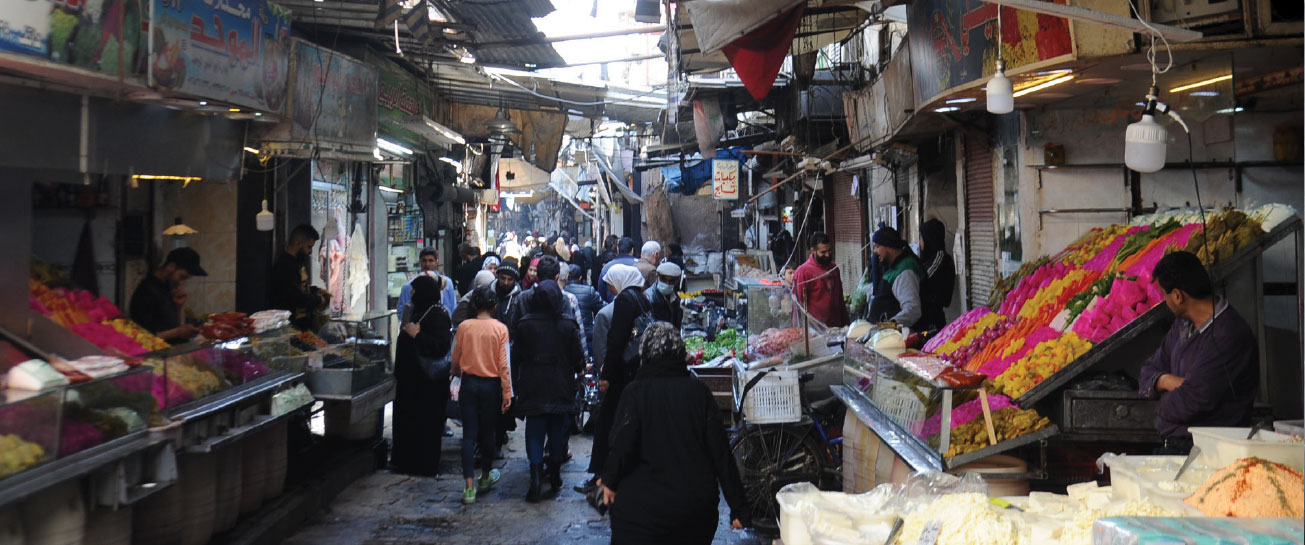Citizens used to buy and store their food necessities for days in their household refrigerators to avoid their fluctuating daily prices. At present, many citizens can only buy their daily needs out of fear of food spoilage, changing their consumption habits, due to the high hours of electricity rationing in Syria.
The increase in hours of electricity rationing has led many citizens to throw a lot of spoiled food stored in their refrigerators. The head of the Consumer Protection Association, Abdul Aziz Maaqali, confirmed that the association noticed a prominent decrease in market activity. This is a result of increased hours of electricity cuts, which affected the citizens’ consumption patterns in Syria.
In a statement to al-Watan, Maaqali revealed that the association has formed a working group to monitor market activity during this period in which hours of electricity rationing have increased. This will enable the working group to understand the extent of the electricity rationing’s impact on the issue of supply and demand in the markets. He pointed out that the team noted a significant decline in market sales, especially food that needs to be stored. This is a consequence of the citizens’ fears that the food might spoil. As a result, their consumption was limited to what they need daily.
Read Also: Loyalists Hold Asma al-Assad Responsible for Electricity Crisis in their Regions
He pointed out that everyone suffers from the consequences of high hours of rationing electricity, be it the trader or the consumer. Maaqali explained that the trader is currently complaining about not discharging his goods, which causes losses to many traders. In turn, this prompted many traders not to store many goods due to the lack of consumer demand. He added that, consecutively, many poultry traders reduced their merchandise due to the decline in sales and also for fear of food spoilage.
He pointed out that the problem of electricity and the reasons for the high hours of rationing became known to everyone, which is the shortage of gas and stations ceasing to operate. Maaqali stressed that, at the moment, there exist no alternative energy sources for traders. They are expensive and need a vast space for installing them, especially if the shops are small and do not have a place for the installation of alternative energy panels -such as some stored in the Hamidiya market.
He pointed out that in one of the association’s board meetings, the issue of specifications for alternative energy panels was discussed to be suitable for Syrian specifications. Maaqali stressed that a letter was sent to the Ministry of Economy and General Customs to emphasize the technical specifications of these panels.
This article was translated and edited by The Syrian Observer. The Syrian Observer has not verified the content of this story. Responsibility for the information and views set out in this article lies entirely with the author.


